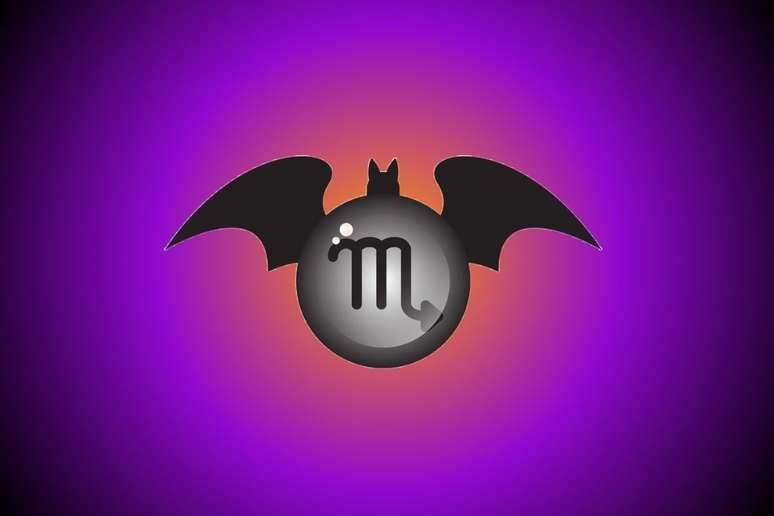Being high above sea level causes major physiological changes, which can be exacerbated by alcohol consumption; see the risks and who needs to pay special attention
Some people like to drink sparkling wine when they travel to a new place, perhaps as a way to toast the start of an adventure. But drinking champagne or anything else alcoholic beverage in the airplane can present risks ranging from falls to heart attacks. This is especially concerning if you plan to sleep during the flight, such as on a long overnight flight. So, it might be time to reconsider your drink order.
Your body on a plane
Before you even take a sip of alcohol, your body experiences the physiological effects of being high above sea level: there is less atmospheric pressure to force oxygen into your body’s red blood cells. blood for distribution throughout the body and oxygen in the blood drops from normal levels of 96% to 100% to around 90%, or even below 90%.
Your body has a way of compensating for this. You breathe faster to take in more oxygen. Your heart rate increases to move blood through your system faster. However, the decreased oxygen levels in your blood and increased heart rate can be dangerous for people with heart problems.
Complicating factors
Small drops in blood oxygen can become more pronounced on a plane when other factors are added to the picture, and alcohol consumption is one of them. “Some studies suggest that alcohol impairs the ability of red blood cells to absorb oxygen by altering hemoglobin, the molecule that actually carries oxygen,” says Matthew Mosquera, MD, medical director of McLean’s Alcohol, Drug and Addiction Inpatient Program, affiliated with Harvard University.
The following factors can also lead to a reduction in oxygen in the blood:
- Aging: Our ability to adapt to changes in blood oxygen levels decreases with age.
- Sleep: Breathing typically slows while we sleep, even on an airplane.
- Underlying conditions: Less oxygen reaches your lungs if you have lung disease, sleep apnea (pauses in breathing during sleep), or heart problems.
What is the risk?
The more factors that lower the oxygen in your blood, the harder it is for your body to compensate, especially on an airplane, according to a study published online June 3, 2024, by Thorax.
Researchers wanted to learn more about the combined effects of alcohol consumption and airplane cabin pressure while sleeping on a plane. They randomly assigned 48 healthy people (aged 18 to 40) to spend two nights sleeping with either normal air pressure or the equivalent of airplane cabin pressure. Participants drank alcohol (equivalent to two beers or two glasses of wine) before one of the nights and were sober the other night. They also used devices that measured blood oxygen and heart rate.
Compared to sleeping at normal atmospheric pressure, sleeping at airplane cabin pressure reduces blood oxygen levels and increases heart rate. The combination of drinking, sleeping, and airplane cabin pressure further reduces oxygen levels and increases heart rate.
“Drinking and sleeping on a plane puts a lot of pressure on the body, especially the cardiovascular system,” Mosquera says. “And there’s even more pressure if you have heart or lung disease. That puts you at a higher risk of having a heart attack or stroke.”
Other dangers
Drinking alcohol on a plane carries additional health risks. For example:
- increases the risk of falling;
- causes dehydration, which increases the strain on the cardiovascular system;
- impairs judgment and ability to concentrate;
- It may help you fall asleep, but it reduces the time you spend in deep, good-quality sleep.
What you should do
Is it best to skip the drinks cart? It depends. “If you’re healthy, drinking in moderation can be okay,” Mosquera says. However, she advises you to consider the following:
- Think twice before drinking alcohol and take certain medicines. Alcohol can make drowsiness worse due to medications that cause drowsiness.
- Drink more water. This will help your body eliminate alcohol and prevent dehydration from the substance.
- Pay attention to your balance. Take your time when moving from sitting to standing to avoid falling.
- And if you have heart or lung disease, sleep apnea or chronic lung disease, or have ever had one escape In the past, especially if you plan to sleep during the flight, it might be best not to drink alcohol.
©Copyright 2024 Harvard University. For more information see https://www.health.harvard.edu/ Distributed by The New York Times Licensing Group
This content has been translated with the help of artificial intelligence tools and reviewed by our editorial team. Learn more in our Artificial Intelligence Policy.
Source: Terra
Ben Stock is a lifestyle journalist and author at Gossipify. He writes about topics such as health, wellness, travel, food and home decor. He provides practical advice and inspiration to improve well-being, keeps readers up to date with latest lifestyle news and trends, known for his engaging writing style, in-depth analysis and unique perspectives.







